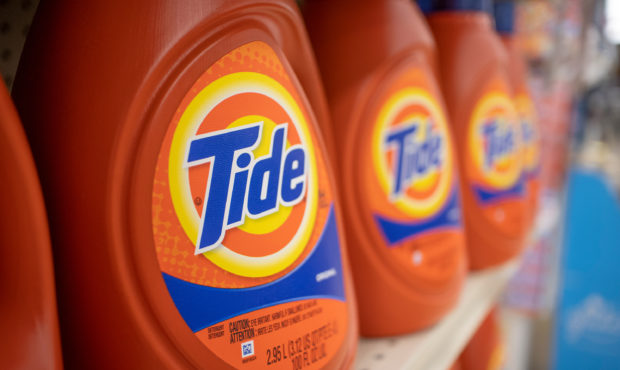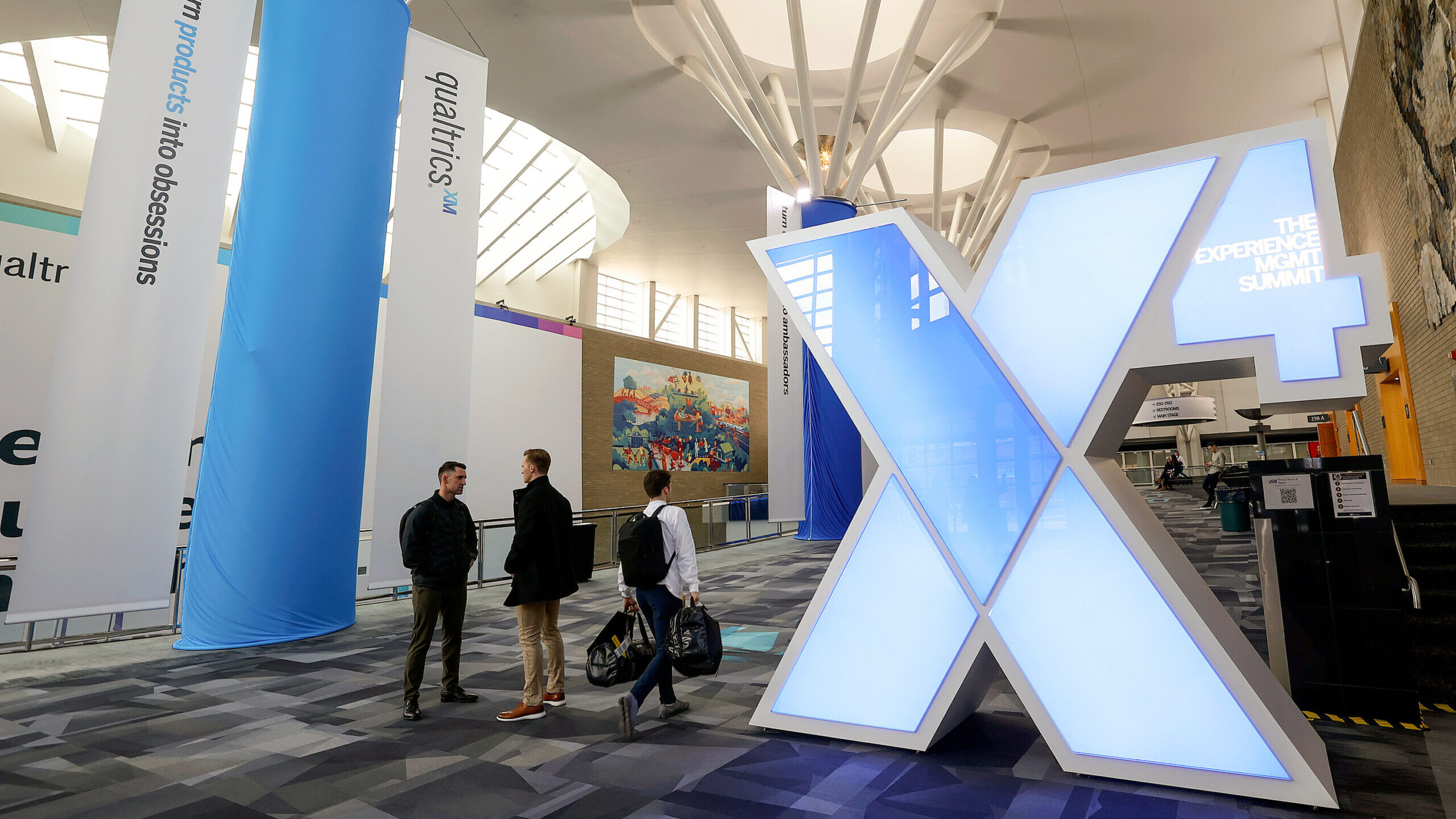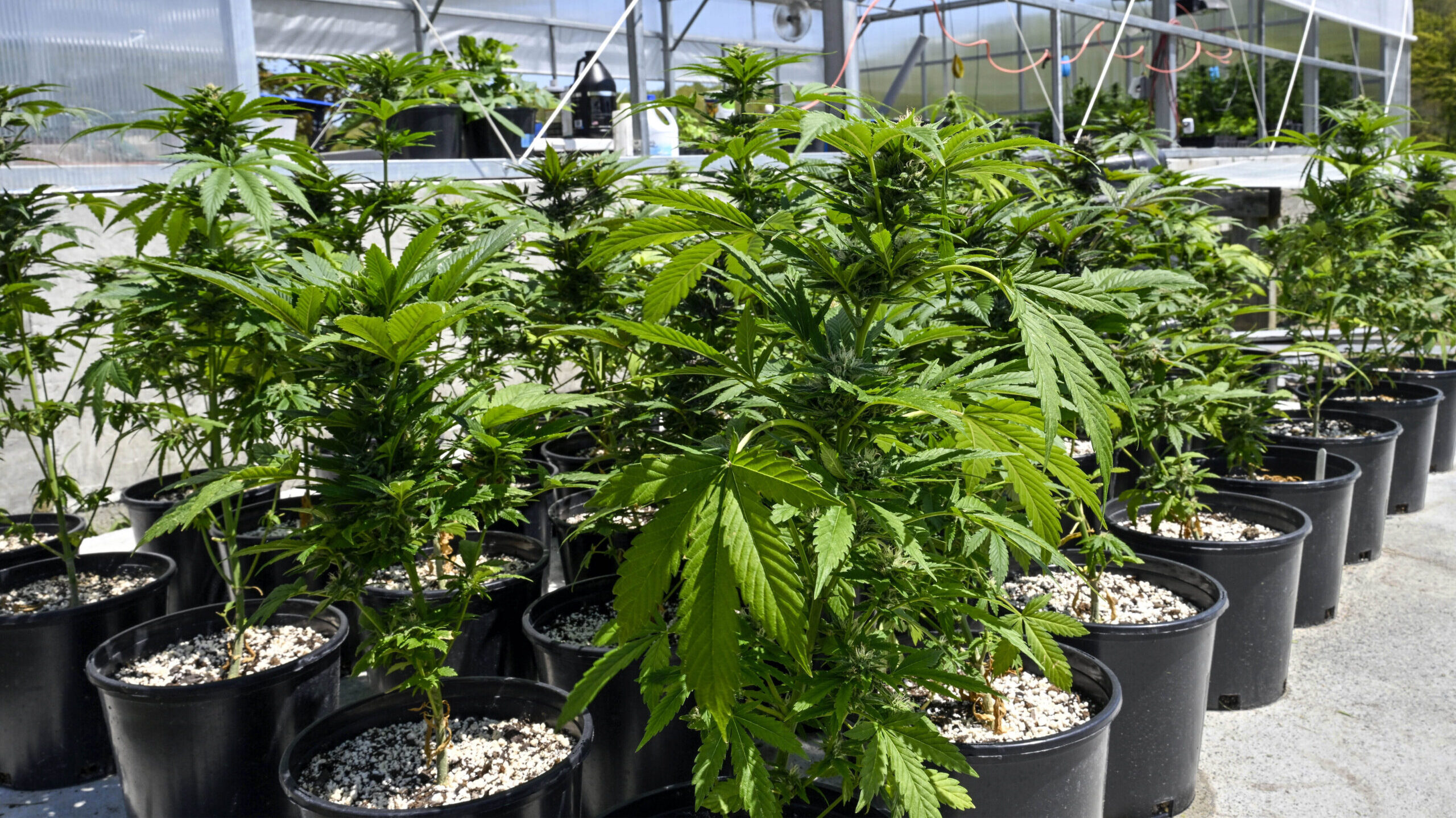Our pandemic shopping habits are here to stay. Brands are racing to adapt
May 27, 2020, 6:16 AM

(CNN) — Three days a week at 7:00 a.m., senior Procter & Gamble executives check in with each other about their customers: what they’re buying, how their needs are changing and whether the company’s products are hitting the mark.
“We need to stay very close to consumers and their habits, needs and desires, more now than ever,” the company’s chief financial officer, Jon Moeller, said during an earnings call last month.
Procter & Gamble, which owns brands including Tide, Fairy, Pantene and Gillette, is just one of the consumer goods giants that expects new habits formed during the coronavirus pandemic to permanently change the way consumers shop.
The early evidence suggests the shift to online buying is accelerating, consumers are buying more products for their health and home, and they are becoming increasingly cost conscious while choosing to save more.
On a call with analysts last month, Nestlé CEO Mark Schneider said the company is “working overtime” to understand what the economic crisis means for each of its product categories. Nestlé is the world’s largest food and drinks company, making everything from breakfast cereals such as Cheerios, to Maggi instant noodles, Häagen-Dazs ice cream, Nescafé coffee and San Pellegrino water.
“To me that is super interesting work because clearly this is not going to be a quick recovery,” Schneider said. “This is going to be a several quarter, if not several year kind of process, where it is safe to expect some changed category dynamics.”
In an environment where nearly everything changed overnight, consumer goods companies need to figure out which new buying patterns are temporary, likely to end along with lockdowns or the arrival of a vaccine, and which will linger, reshaping the way consumers spend their money for years to come.
“We’re assessing market by market whether we need to make changes to our core products, prices and pack sizes,” said Hanneke Faber, president of foods and refreshment at Unilever, which makes Lipton tea, Dove soap, Hellmann’s mayonnaise and Ben & Jerry’s ice cream.
There’s no “playbook” for this recession, she told CNN Business. “It will require us to be extremely agile and flexible for the foreseeable future.”
E-everything
While a lot is still unknown, it’s clear that some lifestyle changes and shifts in spending patterns are going to outlast social distancing measures. For example, some consumers opted to shop online because physical shops were closed or to avoid crowds, and now that they have made the leap, it’s unlikely that they will revert to their old ways entirely.
“Early lessons from China suggest that three to six percentage points of online market share will be “sticky,” driven by older generations newly comfortable with digital channels and by new consumer segments,” partners at consulting firm McKinsey wrote in a research paper.
Their research found that the three largest UK grocers added more than 500,000 new delivery slots in the space of a few weeks, an increase of more than 30%.
Nestle’s e-commerce sales globally shot up 30% in the first three months of the year, while Procter & Gamble reported 35% growth in online sales over the same period.
The coronavirus crisis is likely to be a “breakthrough event” for online sales of food and beverages, as people who previously would not have bought groceries online discover how convenient it is, said Schneider, Nestle’s CEO.
E-commerce is unlikely stay at the very high level it is at now, but “we’ve reached a higher plateau to grow from,” said Jack Neele, a portfolio manager at Dutch financial services firm Robeco.
Health and hygiene
As with online shopping, health and wellness was a growing lifestyle trend well before the coronavirus hit, and it has only gained momentum during the pandemic. Consumers are wiping surfaces and washing their hands more than ever before, while sales of orange juice, considered beneficial to health because it’s high in vitamin C, have soared.
“We’re pretty confident that anything in the space of health and wellbeing is going to enjoy sustained strength,” Unilever CEO Alan Jope told analysts last month.
Unilever has seen higher sales of products such as Lipton Immune Support, as well as drinks that contain zinc and vitamin C, said Faber. The company is moving quickly to roll these out around the world, and health will remain a priority for product innovation, she added.
“We will serve what will likely become a forever altered health, hygiene and cleaning focus,” said Procter & Gamble’s Moeller, noting that US consumers are washing their clothes more frequently, adding up to more laundry loads per month.
Nesting at home
Even when lockdowns are lifted and restaurants, bars and cinemas reopen, there’s a sense that people won’t be in a hurry to go out again.
“There may be an increased focus on home: more time at home, more meals at home, more cleaning at home,” said Moeller.
With unemployment at sky high levels, many consumers will simply have smaller budgets for leisure. They may also decide to keep saving more money in order to weather the recession. Recent data from the Bank of England and European Central Bank show that household savings rates shot up in some of Europe’s biggest economies in March. The same was true in the United States, where savings rates jumped to their highest level since 1981.
For others who have spent time and money upgrading their homes and gardens, or have picked up new hobbies, the prospect of staying in is more appealing than it was before.
“Staying in is the new going out,” according to the McKinsey report. “Once restrictions are lifted, we expect consumers to continue spending more time at home, driven by a desire to save money, persistent safety concerns, and a new-found pleasure in nesting.”
The growth in online sales of bread machines in the United States was second only to disposable gloves in March, up 652% compared with a year earlier, according to data compiled by retail technology company Stackline. Online sales of weight training equipment (+307%), craft kits and projects (+117%), and table tennis tables (+89%) reflect that many consumers were finding new ways to keep themselves entertained at home.
In a nod to this trend, Nestlé USA last week launched a new range of health conscious ready meals. Faber, the Unilever executive, described the trend as “cocooning.”
Unilever estimates that 15% of restaurants that have gone bankrupt in China during the crisis will never reopen. This is likely to be repeated elsewhere if social distancing rules remain in place, with restaurant and bar owners saying their business models simply don’t work without volume and traffic.
Value and trust
The coronavirus recession is forecast to be the worst in several decades, meaning businesses and consumers will be cash-strapped for the foreseeable future.
Even in wealthy countries, value and affordability will be increasingly important, said Unilever’s Jope. He pointed to the company’s ability to offer products at the “incredible low price” it can in countries such as India as a “gigantic strength.”
“In Europe, we can count on stepped up negative pricing pressure as economies… go into the doldrums,” he said.
In the same vein, Procter & Gamble said it is in a better position to weather the economic downturn because its portfolio is focused on daily use items. “We have never faced the level of unemployment that we’re like to see in this country [the United States] and potentially in others, and we don’t know how long that will occur for,” said Moeller.
There are already signs that consumers are trading down, favoring cheaper private label products to the benefit of retailers like Costco, Walgreens and CVS. Sales at discount stores, such as Dollar General and Aldi, are also enjoying a lift.
But, at least for now, Nestlé, Unilever and Procter & Gamble are confident that consumers will balance price against value, choosing the established brands that they are familiar with and experimenting less.
“People will go back to big, trusted brands,” said Unilever’s Faber. “They simply can’t afford to spend money on products they’re not sure of.”
The-CNN-Wire
™ & © 2020 Cable News Network, Inc., a WarnerMedia Company. All rights reserved.













